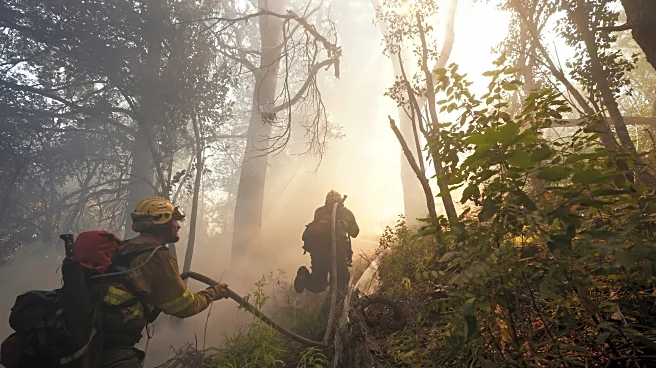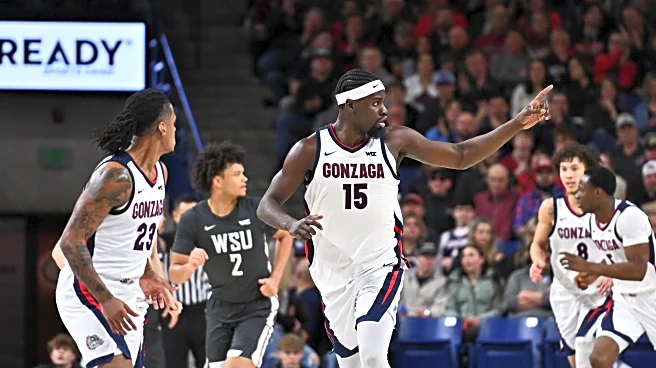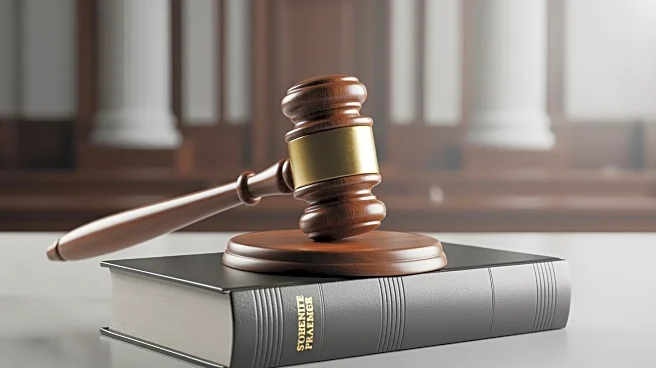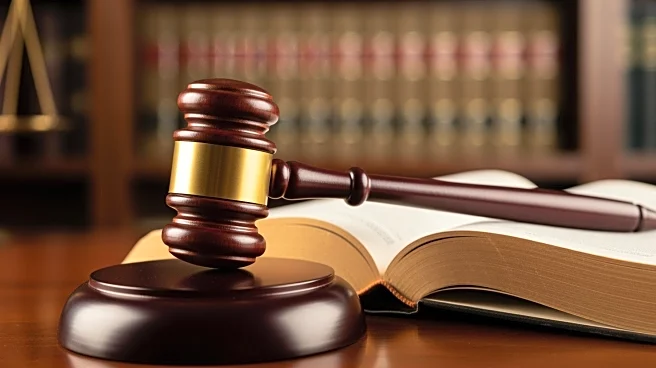What is the story about?
What's Happening?
President Trump's administration has increased the presence of National Guard troops and federal agents in Washington, D.C., as part of a crackdown on crime. This move follows the release of data detailing arrests in the city. The Law Enforcement Working Group, which includes local and federal agencies, reported 23 arrests and the seizure of six illegal guns. However, the effectiveness of this increased presence remains uncertain, with experts suggesting that it may lead to crime displacement rather than deterrence.
Why It's Important?
The increased law enforcement presence in D.C. reflects ongoing concerns about crime and public safety in the nation's capital. This initiative could impact community relations and perceptions of safety, with some residents feeling reassured and others unsettled by the heightened security measures. The focus on arrests raises questions about the broader implications for civil liberties and the effectiveness of such strategies in reducing crime. The situation highlights the complexities of law enforcement and the challenges of balancing security with community needs.
What's Next?
The administration will likely continue to monitor crime rates and adjust strategies as needed. The effectiveness of the increased law enforcement presence will be evaluated based on crime statistics and community feedback. Future actions may involve refining tactics to address specific crime patterns and improve collaboration between local and federal agencies. The situation may also prompt discussions on alternative approaches to crime prevention and community engagement.
Beyond the Headlines
The deployment of additional law enforcement resources in D.C. raises ethical and legal questions about the balance between security and civil rights. It underscores the importance of transparency and accountability in policing practices. The initiative may influence broader debates on criminal justice reform and the role of federal intervention in local law enforcement. As the situation evolves, it could lead to shifts in public policy and community relations.


















